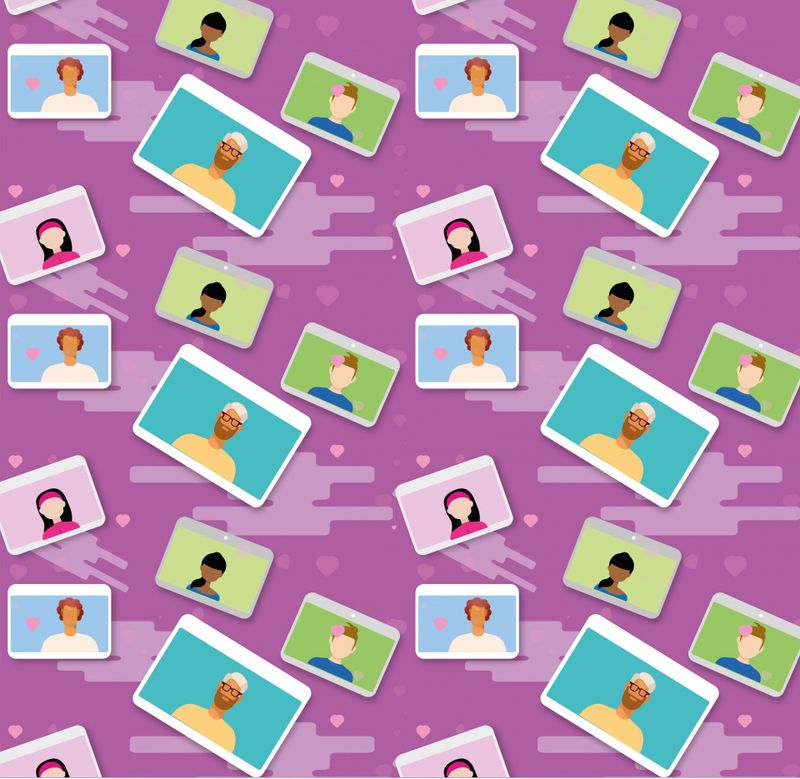Oct 16, 2023
The pros and cons of influencer culture on my job in Japan
Do you have any feelings towards the rise of influencer culture in Japan, especially on the travel industry? That's the line of work I'm in, and the whole influencer realm has exploded in recent years – especially with the rise of short-form video content on social media services like TikTok. I think there's both pros and cons – maybe more cons, if I'm being honest – but I don't think it's showing any signs of slowing down soon.

The pro: when influencers visit off the beaten path locations
There can be a big pro to influencers with big followings creating content about Japan when the places they are visiting aren't well-known tourist spots. There are so many amazing parts of Japan to explore that are almost begging for visitors, and when those places are highlighted then influencer culture can be a wonderful thing. It's free advertising in a lot of cases, and sometimes when things go viral that ends up being publicity that money can't buy.
The con: oversaturated places, overdone content
I'm sure many Japan dwellers would agree that if they see another TikTok robotic-voice narrated video about somewhere like Fushimi Inari that they might gouge their eyeballs out – and I'm right there alongside them. I completely understand that places like Fushimi Inari are iconic and beautiful, and it's on many people's Japan bucket lists for good reason. However, there are *so* many shrines off the beaten path that are equally as stunning, and you won't have to deal with hordes of people when you're there – such as Motonosumi Inari Shrine in Yamaguchi. It's still reasonably well-known, but nowhere near to the level of Fushimi Inari.
The con: influencers asking for freebies
In an industry already hurting after the effects of COVID, it's kinda cringe (that's what the young folks are saying these days, right?) to see people asking for free accommodation, free tours, and free meals, in exchange for promoting their businesses. I understand that some businesses may like, appreciate, or seek out that, but there are plenty who are still trying to recoup the business they've lost during the pandemic. It just reeks of entitlement to me, and it's even more laughable when some of these "influencers" don't seem to have much influence (read: followers) at all.
How do you feel about "influencer culture" and how it impacts travel destinations in Japan? Do you think it has more benefits than detriments, or do you think it's more trouble than it's worth?



3 Comments
BigfamJapan
on Oct 17
I am glad I am not the only one who feels this way. Actually, you are quite kind about it - I have a real problem with "influence culture" these days!! I've a bit too much to say that I think I will need to respond to this (linking this) in a blog post!
genkidesu
on Oct 17
@BigfamJapan I can't imagine living somewhere like Kyoto where I feel like it would be madness all the time. A lot of the behavior I see from influencers isn't very respectful, either (e.g. filming people without their consent) and I just don't like that at all!
BigfamJapan
on Oct 17
@genkidesu I don't like that either, especially when its kids. Kawagoe is pretty bad, I can't even imagine how much worse it is in Kyoto :-o I was reading about a few towns around the world that aren't tourist destinations, but have amazing scenery, who have started to close the roads to tourists... I actually support the idea for places like that, its gotten really out of hand. Earlier this year I really felt for the people of Hokkaido who had their private land invaded by people who wanted to get a picture of a tree standing on a hill surrounded by snow. You said it so accurately "reeks of entitlement"... where have people's scruples gone!?